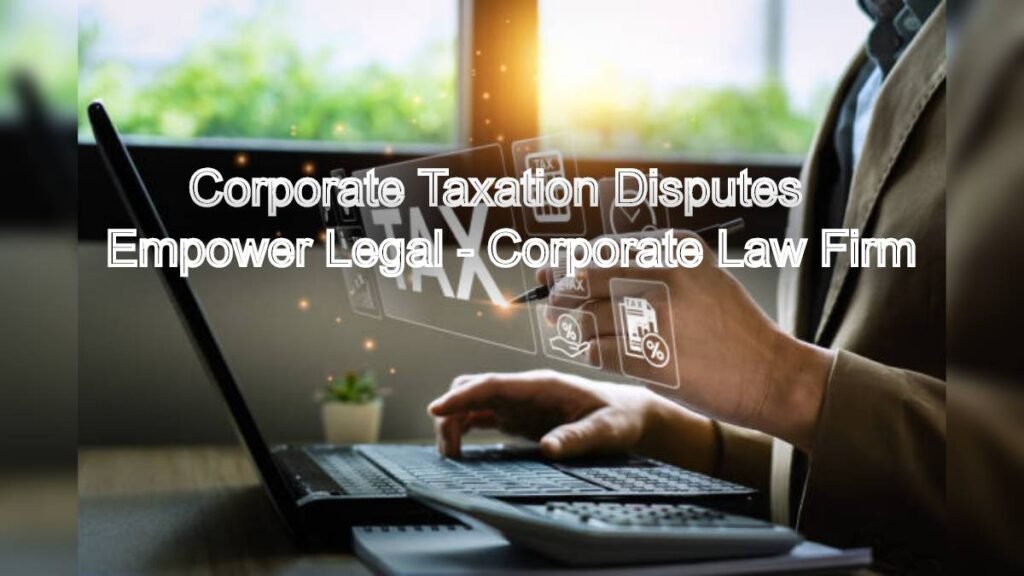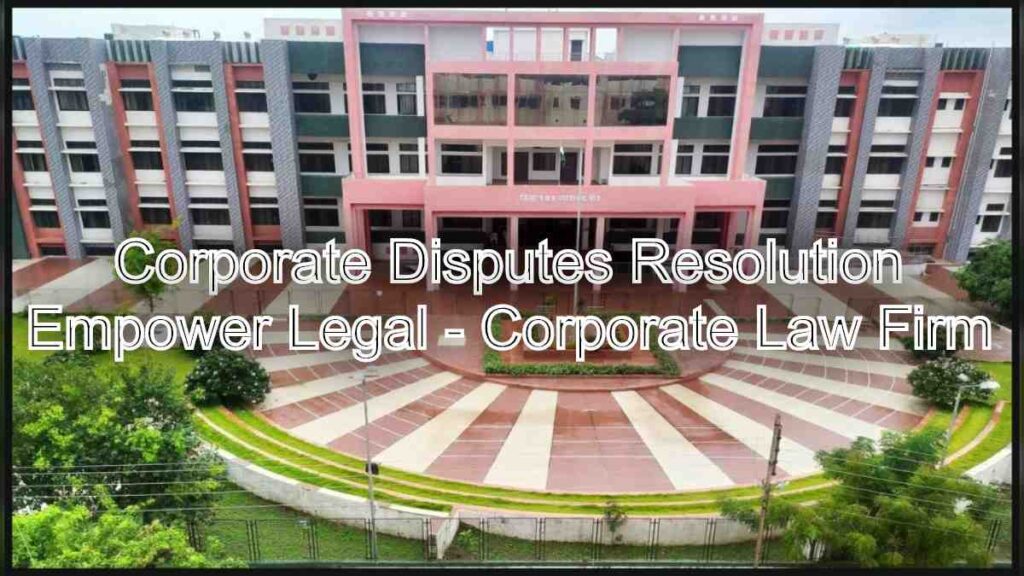ITAT Advocacy: Navigating Corporate Tax Appeals with Confidence
ITAT Advocacy: Corporate taxation in India is complex. Businesses often face tax assessments. Sometimes, they disagree with these assessments. The Income Tax Appellate Tribunal (ITAT) is a crucial forum. It hears appeals against orders passed by tax authorities. Effective advocacy before the ITAT is essential. It helps companies navigate tax appeals successfully. Empower Legal – […]
ITAT Advocacy: Navigating Corporate Tax Appeals with Confidence Read More »









